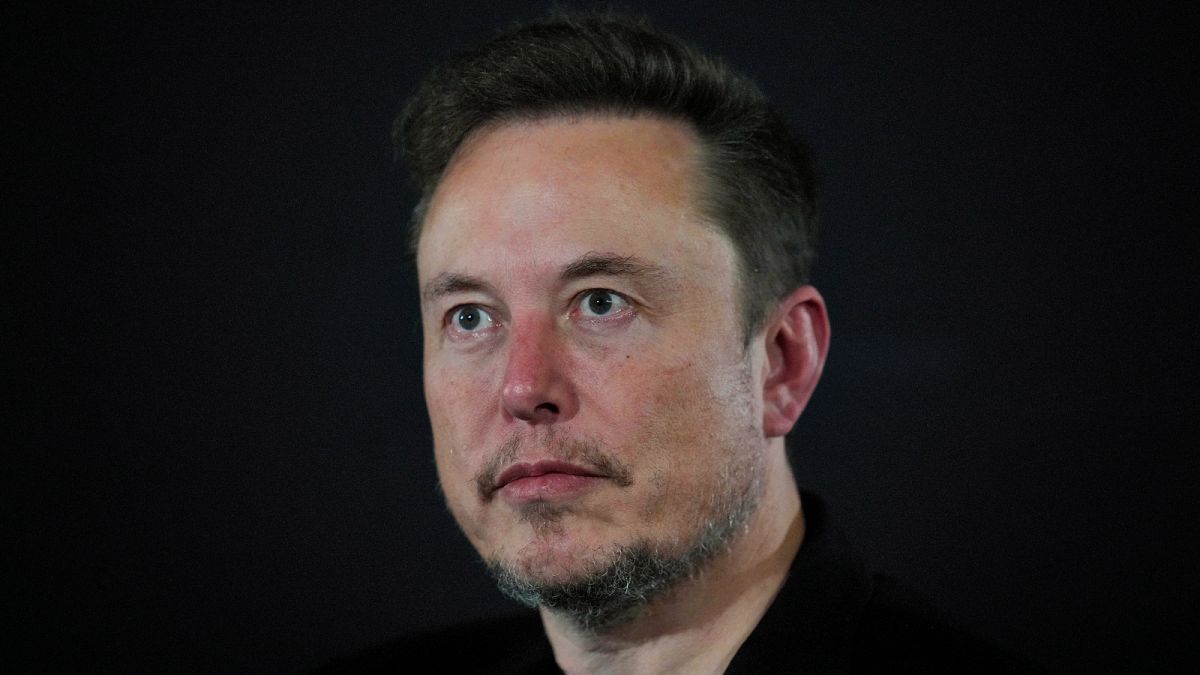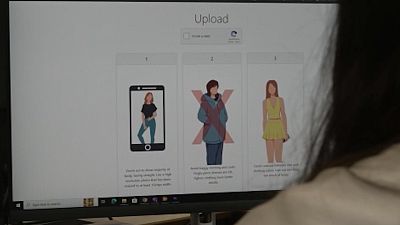The interview has set social media abuzz. Here are some of the most important things we learned from Elon Musk's interaction with Don Lemon.
Elon Musk sat down with former CNN reporter Don Lemon in an interview that was posted on Monday.
The more than an hour-long interview was released on Musk's social network X (formerly Twitter).
It was meant to mark the launch of Lemon's new show on the platform, but Musk cancelled the show shortly after the interview was recorded.
It covered everything from immigration, content moderation, and ketamine. Here are some of the more notable moments.
How does Musk use social media platform X?
Musk said he thinks of X as the “player versus player platform,” using a term for video games that pit players against one another, typically in fights to the pixelated death.
While he wasn't particularly clear about what he meant by likening X to a death match, he did bring it up in the context of the occasional late-night posts in which he appears to be spoiling for an argument.
Musk talked about relaxing by playing video games, adding it's one way to blow off steam.
He agreed, at least to a point, when Lemon suggested that taking on X opponents served the same purpose. Though not always, he said.
“I use it to post jokes, sometimes trivia, sometimes things that are of great importance,” Musk said of his X posts.
Using Ketamine for depression
Musk is "almost always" sober when posting on X late at night, he told Lemon.
"I don't drink, I don't really, y'know," he said, his voice trailing off. Then Lemon asked about a subject Musk has previously discussed publicly - his use of the drug ketamine, a controlled substance that is also used in medical settings as an anaesthetic and for treatment-resistant depression.
When Lemon asked, Musk said he has a prescription for ketamine, although he pushed back, calling it "pretty private to ask someone about a medical prescription".
He described "times when I have a sort of a negative chemical state in my brain, like depression, I guess," and said that ketamine can be helpful for alleviating "a negative frame of mind".
Asked if he thinks he ever abuses the drug, Musk said he doesn't think so.
"If you've used too much ketamine, you can't really get work done," he said. "I have a lot of work".
Donald Trump 'likes to talk'
Musk said he met with Donald Trump in Florida recently - totally by chance.
"I thought I was at breakfast at a friend's place and Donald Trump came by," he said. "Let's just say he did most of the talking".
The conversation didn't involve anything "groundbreaking or new," he said, adding that Trump didn't ask him for a donation.
"President Trump likes to talk, and so he talked," Musk said. "I don't recall him saying anything he hasn't said publicly".
Musk has said he isn't going to endorse or contribute to any presidential candidate, although he suggested he might reconsider his endorsement later in the political system.
He's not leaning toward anyone, he said, but added that “I've been leaning away from Biden. I've made no secret about that".
The US presidential election is set to take place in November 2024.
Immigration and 'great replacement theory'
Musk said he disavows the so-called "great replacement theory," a racist belief that, in its most extreme form, falsely contends that Jews are behind a plot to diminish the influence of white people in the US.
But in his interview with Lemon he did argue, on shaky evidence, that a surge of undocumented immigrants has skewed US elections in favour of Democrats.
Lemon pointed out that undocumented immigrants can't vote and thus can't really favour either political party.
Musk replied that such people are included in the US Census and thus boost the recorded population of US states with large immigrant populations.
In some cases that could theoretically increase the number of congresspeople those states can send to the House of Representatives in Washington DC, although such reapportionment only occurs once a decade.



